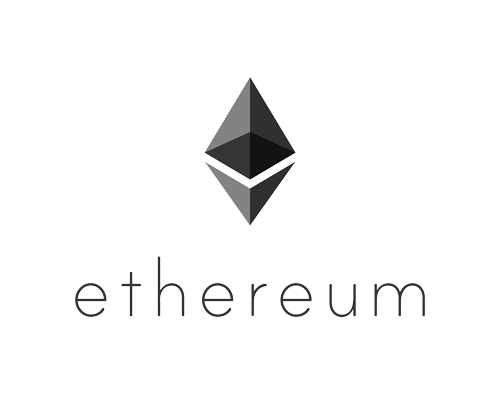"Brazil" Looks to |Ethereum| to Solve its Popular Petition Problem!!!

You've probably heard (or read online) passionate enthusiastic treatises about the disruptive potential of cryptocurrency, about the revolutionary implications it has for uprooting outdated financial systems. When we look at the crypto public adoption rate, not to mention the number of governments that are launched to the market to establish their own national cryptocurrencies, the main crypto supporters seem less conspiratorial techies and more like visionaries with each passing day.
But as our ears ring with chatter about what cryptocurrency means for the future of finance, we can become deaf to other promising blockhain calls: the future of data transfer and storage.
Thanks to the initiative of a designer turned programmer and a modest political advisor, Brazil may not be ignoring this call. According to Quartz, the couple wants to take popular petitions, a common, and debatable, inefficient way to register public electoral support, and register it in the Ethereum block chain.
A solution of the new era to an outdated problem
In Brazil, popular petitions are a form of electoral initiative that allows the public to present legislation or referendums to the Brazilian congress. Any petition that obtains signatures of 1% of the voting population of Brazil (approximately 1.45 million people) is presented to Congress.
The problem is that the system, from signing petitions to transporting and verifying them, is outdated and inefficient. Even for those petitions that obtain enough signatures, the Brazilian government sometimes does not fulfill its constitutional obligation to review them.
"In part this is due to the absence of a platform that can safely collect the signatures of one percent of voters," said the law professor of the University of Brasilia, Henrique Araújo Costa.
For Ricardo Fernandes Paixão and Everton Fraga, the duo behind the initiative, this is where Ethereum's Blockchain comes in. Instead of circulating, signing and verifying requests by hand, the project managers want to execute the entire process through Ethereum, storing signatures and records of these signatures in the chain of protocol blocks. For Peixoto, a World Bank specialist who argues that there is no secure way to authenticate signatures under the current system, "[this] is an alternative solution necessary due to the impossibility of verifying the authenticity of the signatures."
How it will work
To achieve the vision of Paixão and Fraga, the Brazilian congress is developing a mobile application. After registering in the application, citizens can sign or create their own requests using the chain of blocks of Ethereum.
Daily, the individual signatures will be encrypted cryptographically, and by the end of the day, these hashes will be sent as a single transaction to the Ethereum network. Narrowing the signatures and sending them as a global transaction reduces the costs and saturation of the network, since sending each firm as a single transaction would probably consume a lot of energy and be inefficient.
Once a transaction is added to the block chain, signatories can review their individual hashes in the block chain. "Anyone can audit the system," said Paixão, the Congress legislative advisor. "Every day, you can try from cryptographic tests that a certain signature is already there."
The project, which has been in development since 2017, is still awaiting congressional approval. If successful, the development "would be a celebration of democracy," according to Fraga, the designer and developer who leads the project with Paixão. "With this project, we are doing what the Constitution says, but in practice, it has not happened."
If Brazil implements Ethereum in its electoral project, it will be the first government to use blockchain technology for public functions. Meanwhile, Sweden has sought to block the chain to solve problems in the private sector, such as the registration of property and property titles.